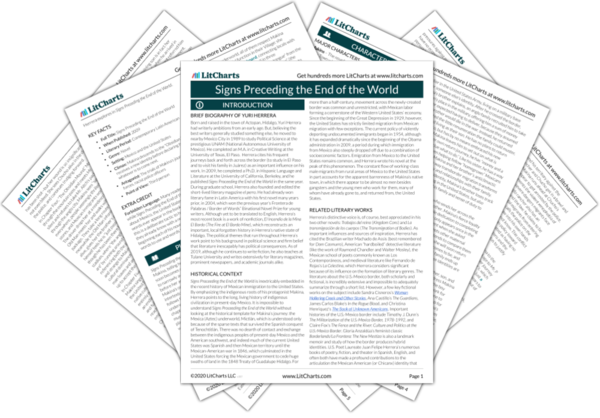After trudging through a city characterized by “sheer emptiness,” Makina finds the same emptiness where she is supposed to find her brother. The huge hole in the ground at the address signals to Makina that she should drop her expectations, that everything and everyone has changed on this side of the border. Suddenly, it is no longer clear that she can trust the Misters from the Little Town, whose services have failed her for the first time.
